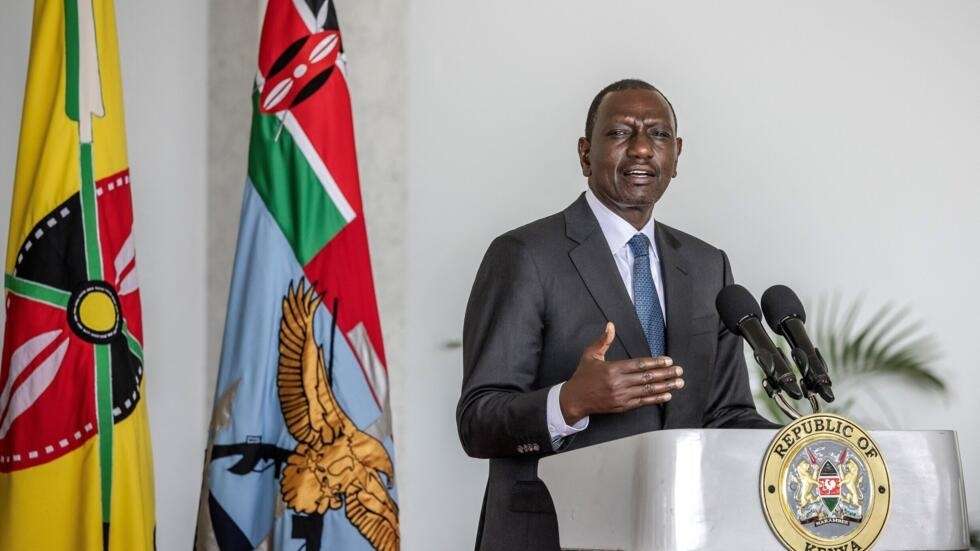More than 200 protesters in Nairobi, Kenya have been detained amid escalating demonstrations against proposed tax increases outlined in a forthcoming finance bill.
The protests, spearheaded by civil society groups, show no signs of abating despite the arrest of 210 participants.
On Tuesday, June 18, Nairobi Police Commander Adamson Bungei announced that no group had been authorized to protest in the city.
Although the Kenyan Constitution guarantees the right to peaceful assembly, protest organizers are required to notify the police in advance, who typically grant permission unless there are security concerns.
During the protests, police deployed tear gas canisters to disperse hundreds of demonstrators, leading to temporary business closures due to fears of potential looting.
One protester, lawyer Wanjohi Gachie, expressed that he was demonstrating on behalf of all Kenyans potentially affected by the proposed tax hikes.
“I’m requesting the police not to arrest or beat us because we are fighting for their rights as well,” Gachie stated.
In response to the widespread dissent, some major tax proposals were reconsidered after a Tuesday morning meeting between ruling party lawmakers and President William Ruto.
The chairperson of the finance committee, Kuria Kimani, announced that the proposal to introduce a 16% value-added tax on bread had been dropped.
Additionally, a proposed 2.5% annual tax on motor vehicles tied to insurance and a tax on environmentally degrading goods will be amended to apply only to imported items, in an effort to bolster local manufacturing.
Amnesty Kenya reported that its staff members observing the protests were among those arrested. “We demand the immediate and unconditional release of all arrested protesters and observers,” the rights group declared.
Kenya Law Society President Faith Odhiambo reported that police used tear gas on lawyers at a Nairobi police station as they attempted to meet with their detained clients.
Ruto Defends Tax Policy Amid Opposition
President Ruto defended the proposed taxes, emphasizing the need for the country to be financially self-reliant. “The whole principle is that you must live within your means,” he said.

“I persuaded and I made a case to the people of Kenya that we must begin to enhance our revenue.”
Ruto William
Opposition leader Raila Odinga urged legislators to scrutinize the bill and eliminate clauses that would disproportionately burden the poor.
“It is worse than the one of 2023, an investment killer and a huge millstone around the necks of millions of poor Kenyans who must have hoped that the tears they shed over taxes last year would see the government lessen the tax burden in 2024.”
Raila Odinga
Furthermore, opposition figure Kalonzo Musyoka warned that weekly protests will resume if the finance bill is passed in its current form.
Lawmakers are set to begin debating the bill on Wednesday, June 19, with a vote scheduled for Monday next week.
Last year’s finance law, which introduced a 1.5% housing tax on gross income for salaried individuals and doubled the VAT on petroleum products from 8% to 16%, has already placed a significant strain on Kenyans struggling with a high cost of living.
As the debate over the new finance bill unfolds, the tension in Nairobi remains palpable, with protesters determined to voice their opposition against measures they believe will further exacerbate their financial hardships.
The outcome of this legislative process will be crucial in shaping Kenya’s economic future and the lives of its citizens.
READ ALSO: IMF Board Set to Review Ghana’s Program on June 28, Eyes $360 Million Disbursement





















